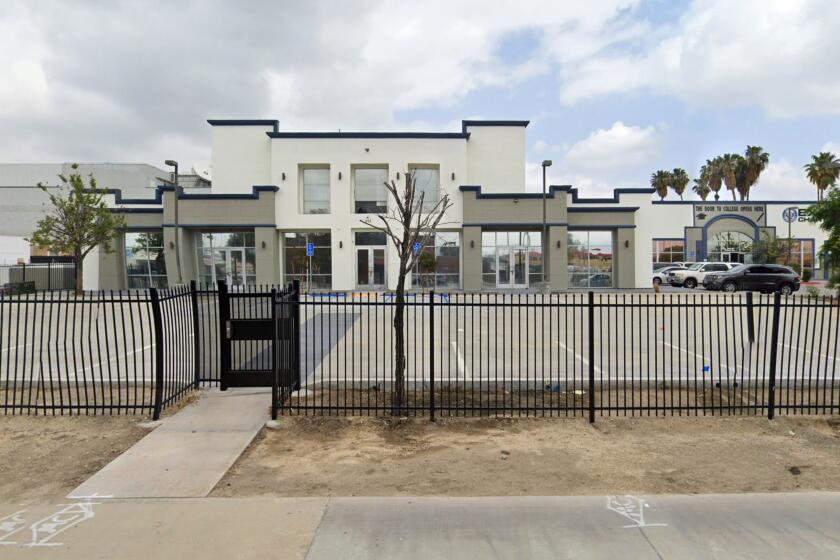The Iraq stalemate
President Bush and his Iraq team spent the week trying to change the nature of the debate over the war. But they failed to offer any new military or political strategy for extricating the United States from Iraq. And so countless hours of testimony by Gen. David H. Petraeus, U.S. Ambassador to Iraq Ryan Crocker and an Oval Office speech by the president changed no minds. Despite Bush’s bromidic calls for bipartisanship, Americans are more bitterly divided than ever, politically and morally stalemated over our responsibility for creating and for resolving what can now only be called a quagmire. For chief among the president’s ever-shifting justifications for staying in Iraq is that it is far too dangerous to leave.
Petraeus and Crocker did succeed in boxing in some moderates who want to end the war but are afraid to cut off funding. They did succeed in making us hope against our better judgment that military progress can yet produce stability. And they distracted the public from the underlying problem, which is that the United States has no power to compel an Iraqi cease-fire, let alone the necessary political reconciliation.
To their credit, Petraeus and Crocker avoided offering promises, or even benchmarks for progress, which have so often disappointed in the past. They were wise enough to recognize the emptiness of each event that the war’s supporters have heralded as a turning point -- the capture of Saddam Hussein nearly four years ago, the two national elections, the drafting of a constitution, the killing of Al Qaeda leader Abu Musab Zarqawi last year, the formation of a government and parliament, and most recently, the “surge.” By contrast, Bush’s new rhetoric about a “return on success” and defending an”ally” that has requested U.S. help was twisted and misleading in the extreme.
And while all this was going on in Washington this week, what was happening in Iraq? The civil war went on, as it always has, on Iraqi time and Iraqi terms. Sheik Abdul Sattar Rishawi, the tribal leader who became the key U.S. ally against Al Qaeda in Anbar province, was blown up with his bodyguards just 10 days after meeting with Bush. Hope that the dysfunctional parliament would agree to share oil revenue crumbled as a tentative agreement struck in February broke down, and lawmakers said no legislation could be passed any time soon. Similar gridlock was reported on legislation to re-integrate alienated former Baathists into the government. And sectarian slaughter continued, with an average of 10 corpses found dumped in Baghdad alone every day last week.
This week may have bought Bush time; the question is whether more time or even more U.S. troops could possibly alter Iraq’s stubborn realities.
More to Read
Start your day right
Sign up for Essential California for news, features and recommendations from the L.A. Times and beyond in your inbox six days a week.
You may occasionally receive promotional content from the Los Angeles Times.






